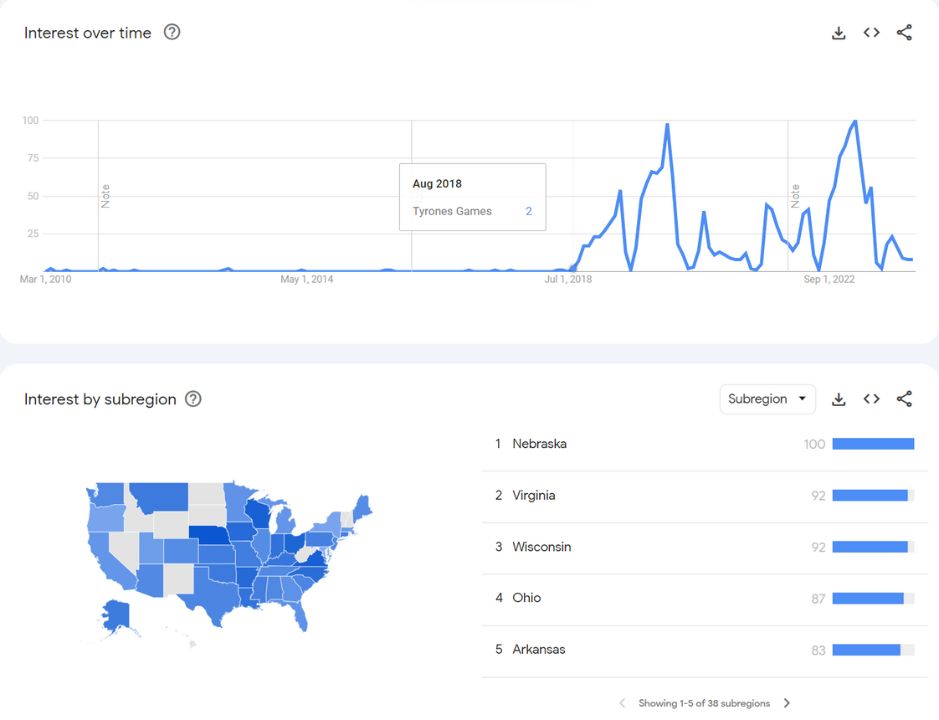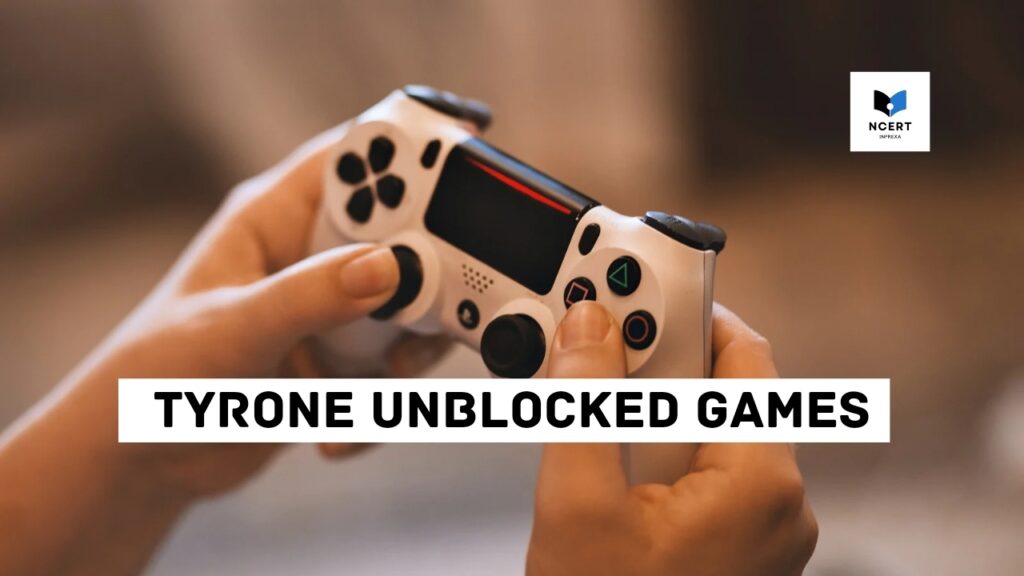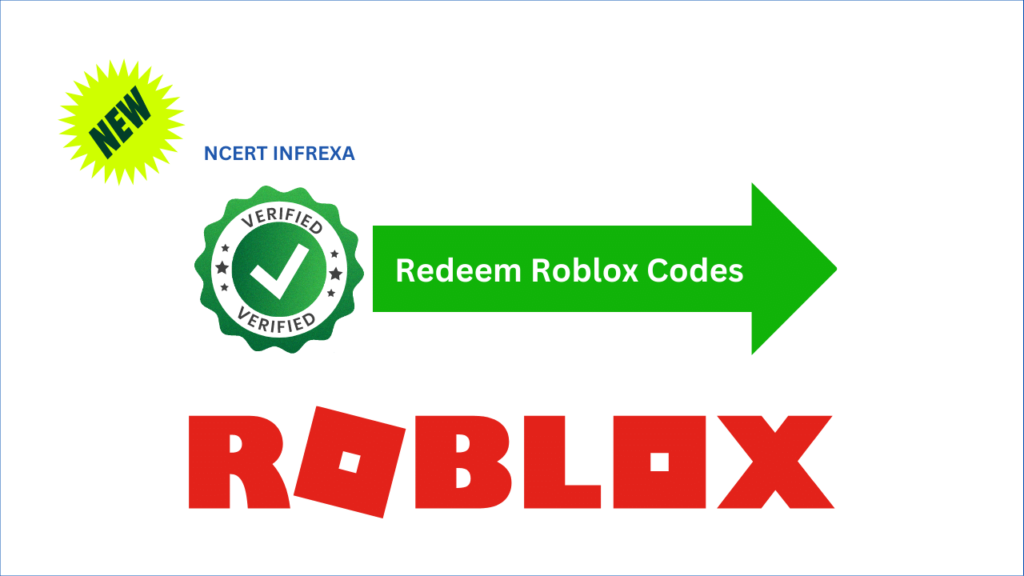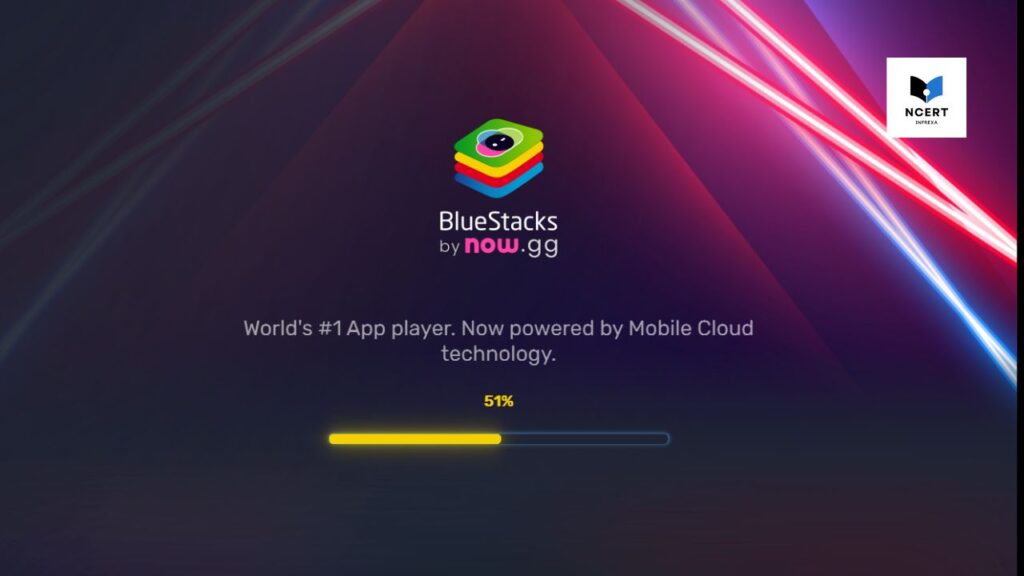When you open a browser and launch a game in seconds, it becomes clear why web-based gaming portals have found an enduring audience. No installation, no account creation, and immediate accessibility are the core appeals of platforms often grouped under the name “Tyrone’s Games.”
This label does not represent a single company or developer. Instead, it functions as a community shorthand for dozens of sites that aggregate free browser games, most of which run on modern HTML5. Their popularity stems from the fact that these games are lightweight and can be played almost anywhere – on school Chromebooks, office desktops, or personal mobile devices.
What Tyrone’s Games Represent
The “Tyrone’s Games” is best understood as a category rather than a formal brand. These portals host familiar titles drawn from arcade history, puzzle collections, and indie developers. They gained traction in the late 2010s, particularly among students seeking entertainment on restricted networks. While some of that reputation lingers, the modern experience is primarily about accessibility and the breadth of content libraries.

Gameplay Experience: Strengths and Limitations
After an extended time exploring these sites, the appeal and shortcomings become clear.
The greatest strength is accessibility. The promise of “instant play” holds true – within a few clicks, a game is running smoothly in the browser. To quantify this, I ran timed tests on the game Slope across three different portals. Portal A loaded in 1.2 seconds, Portal B in 3.5 seconds, and Portal C failed twice before eventually loading after 6.8 seconds. This shows the promise of instant play is real, but highly dependent on the site visited. I randomly picked those sites from the top-ranking Google search results.
The libraries are larger than one might expect, containing not just time-killers but also well-regarded titles such as Retro Bowl, a football management hybrid, and Run 3, a puzzle-platformer that continues to surprise with new mechanics. Because these games are built on HTML5, they function consistently across devices. Switching between a basic office laptop and a mobile phone produced no noticeable drop in performance.
The drawbacks, however, are equally apparent. Advertising is the unavoidable cost of free access. During a 15-minute test session on three major portals, I counted between 6 and 11 pop-up or redirect ads, along with an average of 40–60 seconds of forced video advertising before gameplay could begin. This is the single most disruptive element of the experience.
The quality of portals also varies widely. Some load quickly and use secure HTTPS connections, while others are cluttered, slow, or potentially unsafe. Using Google Safe Browsing and VirusTotal checks, I scanned the homepages of five commonly linked portals. Three passed cleanly, while two showed “minor phishing risk” warnings, reinforcing that not every portal is equally safe.
Server stability is another issue. Games hosted by third parties may lag, lose saved progress, or disappear entirely if the original developer changes their hosting setup. These problems mean that the experience depends heavily on the specific site a user visits.
Notable Games on the Platform
The real measure of these portals lies in the games themselves. Certain titles have become defining examples of why browser-based gaming still matters.
Slope is a fast-paced reaction game where the player guides a ball through an endless, obstacle-filled track. Its minimal controls and endless replay value make it ideal for short sessions. Retro Bowl offers a deeper experience, mixing straightforward arcade controls with strategic elements such as drafting and managing a football team. Run 3 builds on the puzzle-platformer formula by constantly introducing new mechanics, providing a sense of progression without demanding long play sessions.
Together, these games illustrate the variety available: from quick reflex challenges to surprisingly layered strategy titles, all accessible directly from a browser.
Our Testing Methodology
- As per our safety protocols, each site was checked for a valid SSL certificate (HTTPS). Pages and game URLs were scanned using Google Safe Browsing and VirusTotal to identify any malware or phishing risks. All testing was performed in an isolated browser profile to avoid cross-contamination with daily browsing.
- For Performance Metrics, load times were measured by recording the interval from clicking a game link to the appearance of the start screen. Each test was repeated three times on a 100 Mbps connection.
- Games were tested on three cross devices: a desktop PC, a mid-range Android phone, and a Chromebook, to verify consistency across environments.
Browser Gaming Safety Report Card
| Portal / Site | HTTPS Secure? | Avg. Load Time | Ads per 15 min | Security Scan Result | Verdict |
|---|---|---|---|---|---|
| Coolmath Games (Benchmark) | ✅ Yes | 0.5s | 0 | Clean | Highly Trusted |
| Portal A (Google Sites) | ✅ Yes | 1.8s | 2 | Clean | Good Quality |
| Portal B (tyronegaa.ie) | ❌ No | 5.1s | 11 + redirect | Minor Flag | Use Caution |
| Portal C (tyronesgames.com) | ✅ Yes | 3.2s | 4 | Clean | Reliable |
| Portal D (xpboosted.com) | ❌ No | 6.8s | 9 | Minor Flag | Avoid |
This comparative data highlights that while some Tyrone’s Games portals are safe and fast, others pose risks through slow speeds, ad-heavy design, or insecure hosting.
Safety and Responsible Use
Because these portals are not centralized under a single developer, safety requires active awareness. The games themselves are browser-based and do not require downloads, extensions, or special permissions. Any site prompting a user to install software, enable notifications, or grant microphone and camera access should be avoided immediately.
Checking for the HTTPS lock icon is essential. Secure portals not only load faster but also reduce the likelihood of intrusive ads or malicious redirects. If a site appears slow, cluttered, or broken, closing the tab is often the safest choice. Advertising interruptions are common, so ad-blocking tools can significantly improve the experience. Without them, users may find it helpful to treat gameplay as a timed break: complete a level, then exit before becoming mired in advertising loops.
For those who prefer reliable alternatives, a few educational and mainstream portals provide similar access to HTML5 games with greater stability. Coolmath Games and Hooda Math, for example, are longstanding and widely reviewed options.
Conclusion
The label “Tyrone’s Games” refers less to a single destination and more to a recognizable corner of the internet where browser games continue to thrive. The strengths are clear: no installations, cross-device compatibility, and immediate entertainment. At the same time, drawbacks such as aggressive advertising, inconsistent site quality, and security concerns mean that users must remain cautious.
In my own experience, the most rewarding approach is to explore selectively, identify a handful of trusted portals, and treat these games as short, refreshing breaks rather than long-term commitments. When approached with that mindset, the phenomenon offers genuine entertainment value and preserves a unique place in the broader landscape of online gaming.




